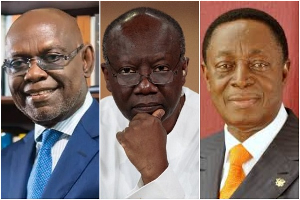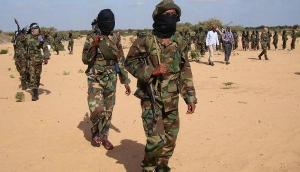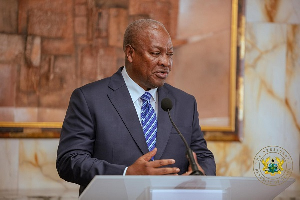Electricity supply bottlenecks are expected to persist throughout 2016 despite government’s steps to resolve the power crisis.
This is as a result of planned maintenance, fuel constraints of thermal power plants, as well as inadequate generation reserve capacity.
A contingency analysis carried out by the Volta River Authority (VRA), indicates that except in September and October, the loss of 150 megawatts (MW) at Aboadze power enclave has had, and will have, a very adverse impact on supply reliability this year.
The contingency analysis was carried out to determine the impact of one of the most likely scenarios of losing one gas turbine and the associated steam generation at Aboadze due to either a fault or gas supply curtailment in any given month.
150MW TICO plant faulty
Currently, one unit of Takoradi International Company’s (TICO) thermal power plant is faulty, which has resulted in the loss of 150MW. The result is the intermittent power cuts the country is experiencing.
The contingency analysis by VRA explains the frequent blackouts experienced in several parts of the country. The national capital, Accra, and the Ashanti Region appears worse hit by the frequent power crisis.
Gas flow from Nigeria has been cut off because the state power producer, VRA, owes Nigeria's N-Gas around $180 million while N-Gas, in turn, owes the West Africa Gas Pipeline Company (WAPCo) $104 million.
This is the first time the pipeline, a public-private partnership in which a Chevron subsidiary has a 36.9 per cent stake, has been closed over nonpayment. The suspension has exacerbated power supply problems given the low water levels at the main hydro plants.
A lot of Ghanaians now experience power cuts, lasting for not less than 12 hours for at least once in every two days.
Information from industry players has it that the shutdown of gas from Nigeria and a mechanical fault on TICO thermal plants in the Aboadze enclave resulted in the shedding of more than 300 megawatts of electricity.
Crude oil shortage
Deputy Minister of Power, John Jinapor yesterday revealed that Nigeria has not been able to supply crude oil to Ghana although government has paid for the commodity.
According to him, the situation has resulted in the erratic power supply witnessed in several parts of Ghana recently.
Mr Jinapor revealed that the government is in search of alternatives to get reliable fuel for power plants in the country as parts of Accra, Kumasi and other big towns and cities experience intermittent blackouts.
General News of Tuesday, 28 June 2016
Source: The Finder













